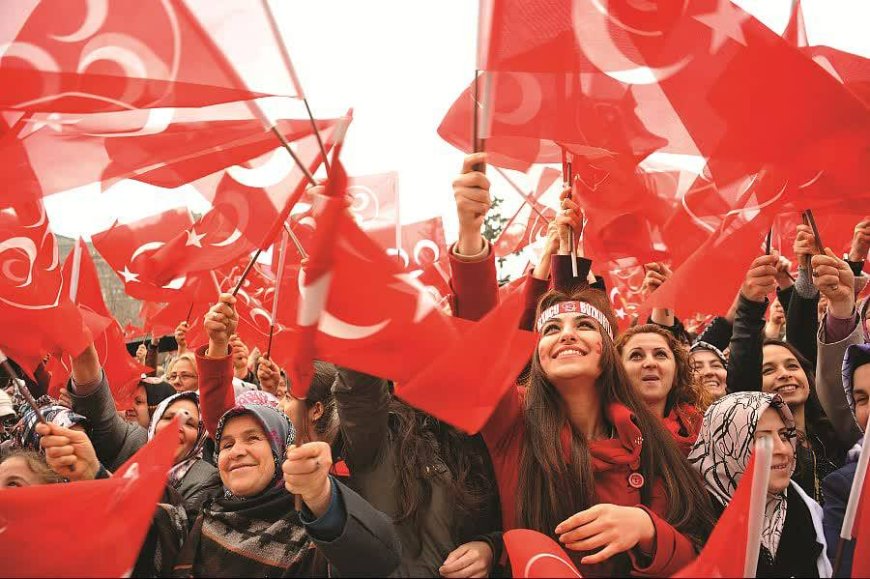What political dynamics in Turkey will determine the impending presidential and general elections?
Turkey is scheduled to hold presidential and parliamentary elections in mid-2023 amid a severe economic crisis, rising discontent over millions of Syrian refugees who are unable to return home, the growing alienation of Turkish young voters from Erdoğan’s administration, and perplexing international events. As the election campaign has heated up, the popularity of the rivals of President Recep Tayyip Erdoğan in the polls has increased. However, how reliable are these polls?

What are the most pressing issues currently confronting Turkish voters? In this regard, five main arguments may be presented:
1. The rapid rise of Erdoğan’s opposition party in recent polls indicates that Turks head into the elections with a pessimistic outlook on the future of their nation.
2. Many Turks blame the country's economic downturn on the ruling AKP, the Justice and Development Party. Nonetheless, there are no guarantees that this situation will lead to a decisive victory for Erdoğan’s opponents, as opposition parties have no immediate remedies for the country's economic troubles, and more voters are beginning to express doubts about the opposition's capacity to resolve the present financial crisis.
3. Although the majority of Turks back anti-terror measures and the country's cross-border operations in Syria and northern Iraq, these policies have little sway over Turkish voters. Yet, this aspect of Erdoğan’s foreign policy is still a barometer of the current administration's regional achievements.
4. A recent nationwide poll revealed that Turkey's political parties would require a pro-Kurdish party's backing to secure a simple majority in parliament. The Republican People's Party (CHP), the AKP's primary opposition, is pinning its hopes on winning over the Kurdish political groups. By forging an alliance with the mainly Kurdish People's Democratic Party (HDP), Kılıçdaroğlus, the head of the CHP, is vying for the support of the Kurds. Likewise, the ruling party is actively courting the Kurdish vote. Despite objections, Kılıçdaroğlus has opted to recognise the HDP and has pledged to release HDP leader Selahattin Demirtaş and Kurdistan Workers' Party leader Abdullah Öcalan from jail, who are both imprisoned on terrorism charges.
5. Through the 20th century, Turkey was seen as a bastion of secularism modelled after the West in the heart of the Islamic Middle East. While nationalism has always been a significant social factor in Turkey, political Islam has emerged as a driving social force in recent years. While Erdoğan's main opponent, Kemal Kılıçdaroğlu, would appeal to Kurdish votes in the upcoming elections, Erdoğan will employ the two pillars of Turkish modern ideology, political Islam and pan-Turkism, to strengthen his bond with traditional voters.













































